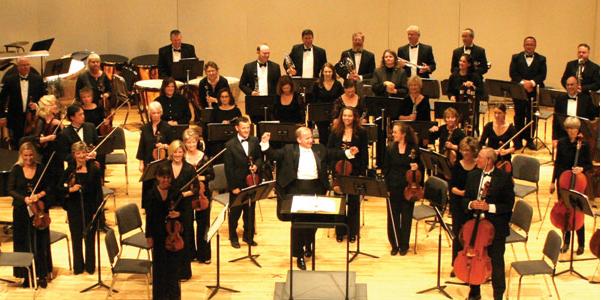
It has been said that playing an instrument as a child is the greatest predictor of concert attendance as an adult. I can relate because I started taking piano lessons when I was eight and I continued learning for 10 years. I took piano exams through the Associated Board of The Royal Schools of Music almost every year and I was one exam away from obtaining my Diploma in Instrumental Teaching. I also performed in many recitals as a kid. Unlike many Asian kids who were forced to learn an instrument, I actually suggested to my parents I wanted to learn how to play the piano. To be honest, playing the piano was fun at first, but it got to the point where it felt like I was only learning to pass the exams and not for enjoyment. Nowadays, I still listen to Mozart, Beethoven, Bach, etc. and occasionally attend orchestral concerts.
It is a little ironic how many Asian parents force their children to learn an instrument as a child but not let them pursue music as a career. Learning an instrument is just another extracurricular activity to make one stand out from one’s classmates when it is time to apply for college. In many Asian countries, being competent in an instrument is a marker for success. Amy Chua’s Battle Hymn of the Tiger Mom, talks about her threatening her daughter during piano practice: “If the next time’s not perfect, I’m going to take all your stuffed animals and burn them!”
Although most Asian Americans do not choose music as their career, many top orchestras today such as the New York Philharmonic are made up of 20% of Asian Americans. Even though more and more Asian Americans are deciding to pursue a career in music and even learning an instrument, the financial state of orchestras is declining. In 2008, less than 10% of adults in the United States said they attended an orchestra. Every year, orchestras are praying that at least some people will still continue to go to orchestra symphonies. Even though ticket sales are dropping, there is one group that still likes classical music and even pay to go to orchestras—Asians. In Asian countries such as China, Korea, and Japan, classical music is still an aspirational totem. It is kind of funny how traditional Western music is most kept alive in Eastern countries today. The only people left keeping classical music alive are Asian Americans and older adults. Eventually if classical music does die off in Western countries, it might be still be kept alive in parts of Asia.
[Photo Credit: renochamberochestra.org]







